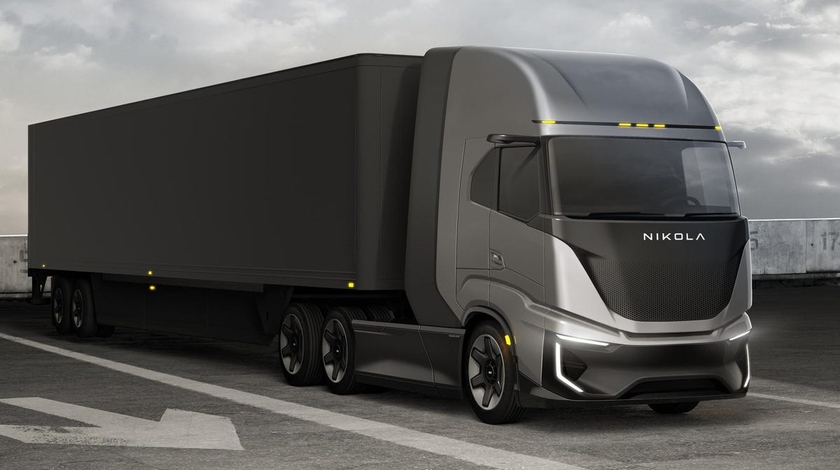| Customers: Nikola Motor Company Salt Lake City; Mechanical and Instrument Engineering Contractors: Opal Fuels Project date: 2021/09
|
On September 30, 2021, the manufacturer electric vehicles Nikola signed a memorandum of understanding Opal Fuels construction with on the operation and operation hydrogen of gas stations throughout. North America Under the agreement, the two companies will work to jointly develop the technology needed to accelerate the introduction of fuel cell electric vehicles. The companies also plan to explore the possibility of using renewable natural gas.
Initially, they plan to focus on infrastructure for private shipping companies and then consider whether it makes sense to make something like this accessible to the public. As of September 30, 2021, Opal has built more than 350 renewable natural gas stations.
| Today marks another important step forward in the implementation of Nikola's announced plans to create energy infrastructure and its focus on providing customers with hydrogen refueling services, "said Pablo Koziner, President of Nikola Energy and Commercial Operations. |
This collaboration will combine Nikola's comprehensive Fuel Cell Electric Vehicle Rental (FCEV) offer, which will include Nikola's FCEV, car maintenance and repair, and hydrogen fuel supply, with OPAL Fuels' considerable experience in developing, building and operating heavy vehicle refueling stations to provide a complete, comprehensive solution.
In addition, both sides plan to use OPAL Fuels' growing LNG supply portfolio to cost-effectively reduce the carbon intensity of hydrogen supplied by Nikola to the station to achieve customers' sustainable development goals, as they begin the transition to zero-emission vehicles.
According to the memorandum of understanding, Nikola and OPAL Fuels intend to initiate beta projects with individual customers to stimulate interaction and accelerate development. The parties also intend to develop best practices and design standards for hydrogen fueling stations and protocols to provide a safer, more reliable, scalable and lower total cost of ownership for the transport market.[1]

